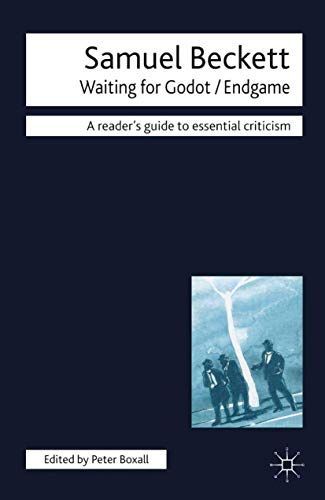
Samuel Beckett - Waiting for Godot/Endgame
Since the first performances of Waiting for Godot in the early 1950s, Samuel Beckett has become one of the most prominent authors of the twentieth century, widely regarded as the last of the great modernists. Waiting for Godot and Endgame are two of his most famous plays, and are taken by many to be defining dramatic representations of life in post-war Europe. In this Readers' Guide, Peter Boxall traces critical responses to Waiting for Godot and Endgame from the 1950s to the present day. The guide presents the major debates that surround these works as they develop, from Martin Esslin's early appropriation of the plays as examples of the Theatre of the Absurd, to recent poststructuralist and postcolonial readings by critics such as Steven Connor, Mary Bryden and Declan Kiberd. Throughout, Peter Boxall clarifies and contextualises critical responses to the plays, and considers the difficult relationship between Beckett and his critics. The ongoing attempt to interpret these enigmatic works not only sheds light on the plays themselves, but also helps us to understand the promise and the limits of our own critical discourses. The Guide explores this mutually enlightening relationship as it has evolved over the last five decades.